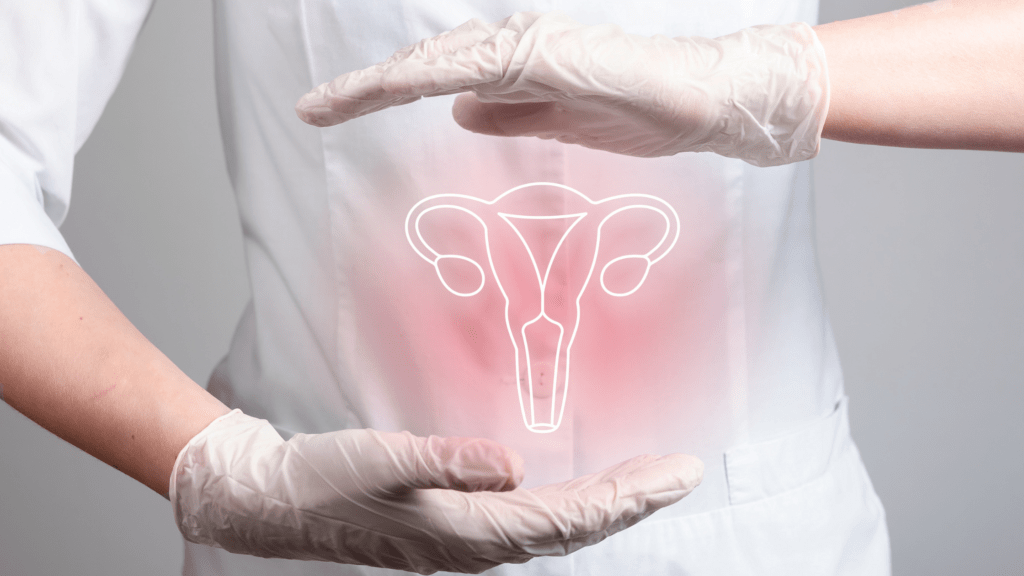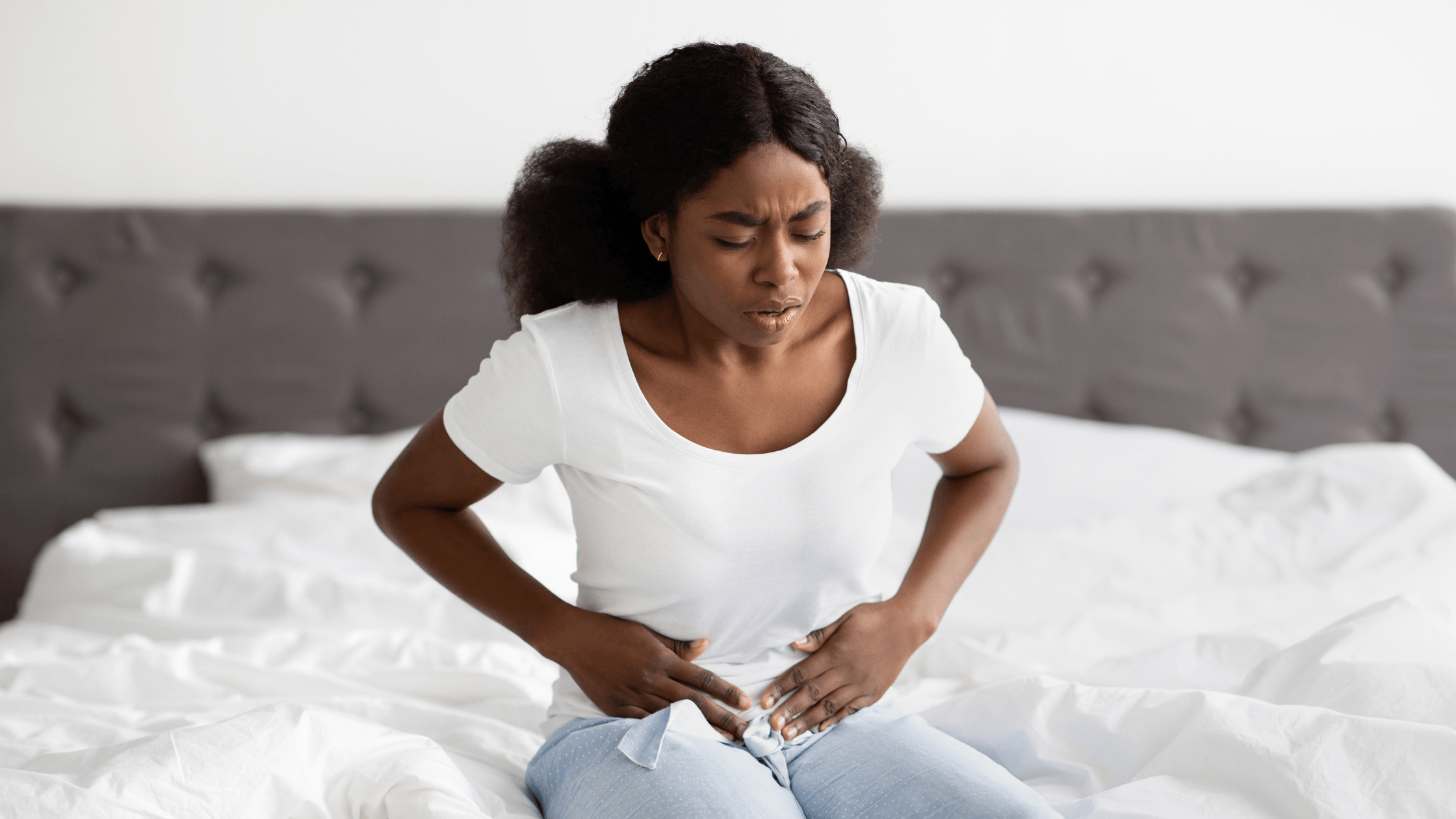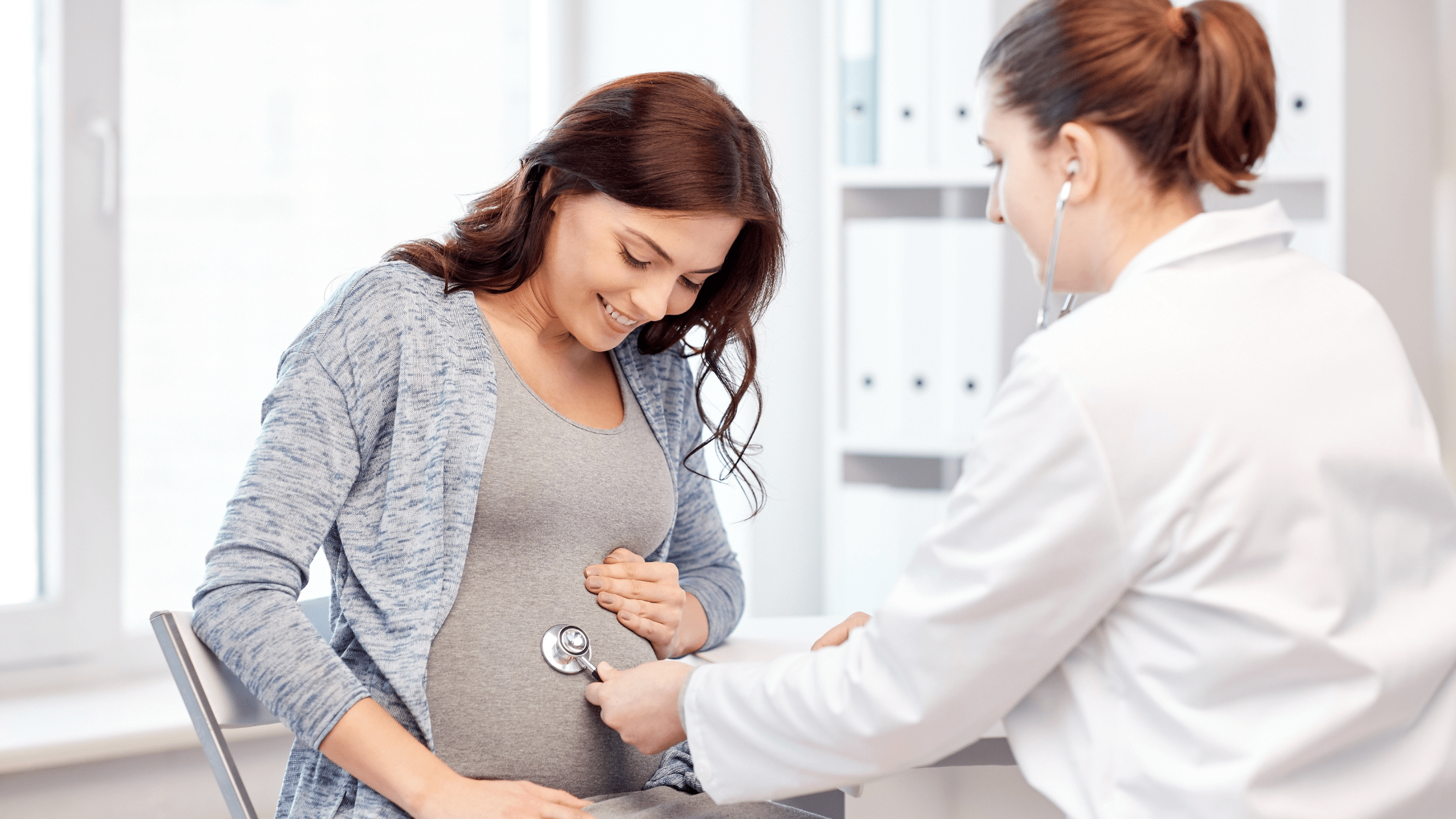Understanding Endometriosis

Endometriosis can be painful and cause discomfort in daily life. Around 1 in 10 females in the UK suffer from the condition, which can take its toll physically and mentally.
‘Endometriosis is a condition where tissue similar to the lining of the womb grows in other places, such as the ovaries and fallopian tubes.’ (NHS)
It responds to the menstrual cycle and blood is shed in the other areas too, at the same time as the period, but with nowhere to go, it causes pain and inflammation.
What is endometriosis?
Endometriosis is a condition in which tissue similar to the lining of the uterus grows in places outside the uterus. These places could include the ovaries and fallopian tubes.
Endometriosis is almost exclusively found in the pelvic region and is linked to the menstrual cycle. Each month the cells accumulate, then during the cycle when blood sheds, the endometrial tissue out of the uterus sheds too. However, because this tissue is growing out of the womb it has nowhere to go. This causes pain, inflammation and potential scar tissue.

Who does endometriosis affect?
According to Endometriosis UK, approximately 1.5 million females in the UK have endometriosis. It affects females of all ages and can begin as early as first mensuration and last until women hit menopause, but it primarily affects women between 25 and 40. It is often a long-term condition.
Those who have not had children and who have heavier periods are considered to be at greater risk. It is also believed to be genetic, as more than one person in a family will often suffer from the condition.
What are the symptoms of endometriosis?
One of the first signs of endometriosis is pain, especially during menstrual periods because the tissue is trying to shed away from the body with no escape. This can cause inflammation along with pain in the pelvis. Some people also experience pain during intercourse or when using the bathroom.
Women with endometriosis may experience some or all of the following symptoms:
- Chronic pelvic pain
- Chronic back pain
- Fatigue
- Depression
- Issues with sex life and relationships
- Bloating or constipation
- Heavy menstrual periods
- Fertility issues
Endometriosis symptoms can be varied, making them difficult to diagnose. Some people have endometriosis without experiencing any symptoms, while others are greatly impacted by the condition.

Fertility and endometriosis
Endometriosis can affect fertility. It does not cause infertility, and natural conception is possible for those with the condition.
How endometriosis affects fertility is an under-studied area. However, it is widely understood that the link may be due to the condition scarring and disturbing the reproductive organs.
With this in mind, people with endometriosis may look to have surgery to remove the tissue to improve their chances of conceiving. Although, there is no guarantee, and surgery can lead to further complications, such as causing infections, bleeding or damage to organs.
Another option for many is to conceive through IVF or IUI. Because endometriosis does not cause infertility, assisted reproduction is a viable option for many people.
Seek expert medical advice, so that you can weigh up the benefits and the risks, before deciding whether or not to have surgery or look at any fertility treatments. The IVF Network works with the best fertility experts to offer advice to our members.

Endometriosis and pregnancy
People with endometriosis are more likely to experience miscarriages and experience ectopic pregnancy, which can cause more physical and emotional pressure. Unfortunately, pregnancy does not cure endometriosis. In many people, it returns with the pain after birth.
There are debates over the increased risk of complications during pregnancy. However, not enough research has been done in this area, and opinions amongst experts are divided.
The National Institute for Health and Care Excellence (NICE) Guidelines for endometriosis and those looking to manage their diagnosis can be found here.
How is endometriosis diagnosed?
Endometriosis shares symptoms with other conditions, so it can be difficult to diagnose. It cannot be diagnosed via an internal examination, blood tests or scans. The only way to get an accurate diagnosis is to have a laparoscopy (keyhole surgery). This involves an operation, where a small cut is made near the navel and a tiny camera is inserted into the pelvis. From here, the surgeon can use the camera to look for endometrial tissue. If endometriosis is discovered, then the treatment can be done during this laparoscopy procedure. A laparoscopy may be performed to diagnose or rule out endometriosis in women experiencing heavy periods and infertility.
The charity Endometriosis UK states that recent research shows diagnosis can take as long as 7.5 years. This is due to the many symptoms and similarities that crossover with similar conditions.
Endometriosis treatments
Treatments are available to help ease the pain and some of the symptoms. Once you are diagnosed you will be able to discuss your options with your doctor or specialist. Their advice will be influenced by your age, severity of symptoms, and the amount of pain you. The treatment options should be what’s best for the individual. The type of treatment varies from taking paracetamol to surgery.
- Painkillers
- Hormone medicines and contraceptives
- Surgery to remove the tissue
- Surgery to remove the womb (hysterectomy)
The right treatment depends on each individual and your health care professional will help guide you in the decision-making process.
Endometriosis cures
Unfortunately, there is no known cure for endometriosis. Additionally, there is no known way to prevent the condition. Some relief can be found in the knowledge that endometriosis is not contagious, and it is not a form of cancer.
It has been suggested that the condition may be caused by a combination of factors, including family history, a hormonal imbalance, menstrual blood flowing back through the fallopian tubes, cells spreading via the bloodstream, or a problem with the immune system.
Endometriosis support
If you are struggling with symptoms of endometriosis and struggling to conceive, speak to your doctor or fertility specialist to get their advice. Associations like Endometriosis UK offer information and support.
Here at The IVF Network, we understand the physical and emotional challenges faced by people dealing with fertility issues and treatment. It can feel like a lonely journey, which is why we built a thriving community in our Safe Space where you can talk to others who understand what you are going through. With our dedicated team of experts and events, we provide a wide range of information to help you make informed choices on your personal fertility journey.